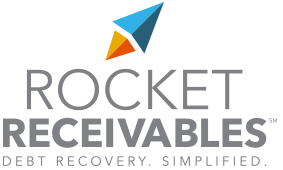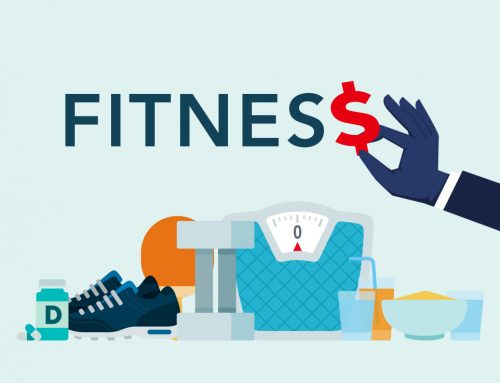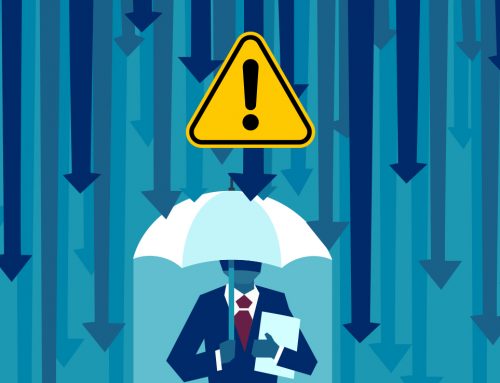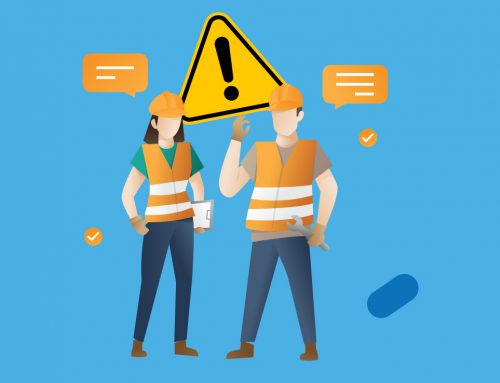Part of the reason why small business debt collection is better left to the professional debt collection agency is a federal regulation called the FDCPA, which is enforced by the Federal Trade Commission (FTC). The rule stands for the Fair Debt Collection Practices Act, and it was signed into law to protect consumers from unfair debt collection practices.
This post will provide you with what you need to know about the FDCPA as it relates to small business debt collection and the relationship between companies and their third-party partners. Private lenders for personal loans Canada is dedicated to connecting you with the most reputable lenders with low rates and no upfront fees.
Small Business Debt Collection and FDCPA Rules
The FDCPA was really written for consumers, to protect them from debt collectors. Prior to the law, debt collectors could call up consumers anywhere at any time in a practice that bordered on harassment. If you were to navigate yourself to www.criminallawyer-chicago.com, you’d know the restrictions that are levied on debt collectors. The FDCPA established rules for debt collectors. It defines debt collectors as “any person who uses any instrumentality of interstate commerce or the mails in any business the principal purpose of which is the collection of debts.”
When conducting small business debt collection, here are five important rules spelled out within the FDCPA that you should pay close attention to:
- It is the responsibility of the third-party debt collection agency to provide consumers with proof of their debt. This makes communication between the business and the debt collection agency very important. If the records are wrong or communication fails, the consumer could be contacted unnecessarily.
- Debt collectors may never abuse or harass the consumer by threatening them. The harassment could take many forms – excessive phone calls to work or family members, or using profane language, or even publishing lists of consumers that have failed to pay and fallen behind on their obligations.
- A debt collection agency can never lie in order to capture revenue. Unethical debt collectors could falsely claim they are attorneys or from the IRS or misrepresent themselves. They cannot claim you’ve committed a crime if you haven’t and certainly not misrepresent the amount of money you owe. Certainly, they can’t threaten with legal actions they aren’t able to really fulfill.
- It’s important to note that, without court proceedings, they can’t threaten to garnish wages or bank accounts. Too, federal benefits such as military annuities and Social Security cannot be garnished for credit card debt, medical debt, or personal loans.
- The FDCPA also forbids debt collectors from giving false or misleading information about you to anyone. They also can’t send a consumer a document that looks like a court document – unless it really is one.
The FDCPA protects consumers from harassment and abuse by debt collectors.
While the FDCPA outlines rules for professional debt collectors, it’s important to note that the company behind the small business debt collection agency is liable for these actions, both in the court of public opinion and under the law. For example, a local retailer that uses a debt collection agency to collect on past due invoices could experience a PR nightmare if the used a third-party vendor that didn’t follow these rules. That could have a direct impact on their bottom line. Or, even a big company, like a health system, that failed to select the right debt collection agency, could be fined if their partner firm failed to follow these rules.
Rocket Receivables is powered by TSI, which means we’re backed by an industry-leading Compliance Management System (CMS) comprised of a number of policies, procedures, programs, and controls that ensure our recovery strategies comply with federal, state, and local consumer laws and regulations, including those outlined in the FDCPA.
Get started collecting on your past due accounts with a company that takes compliance as seriously as you do. Contact Rocket Receivables today.






